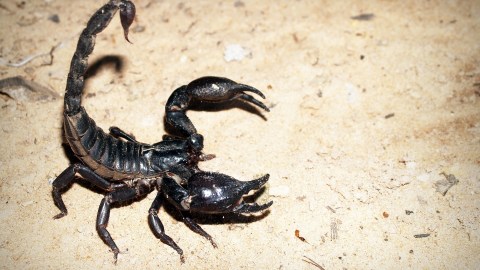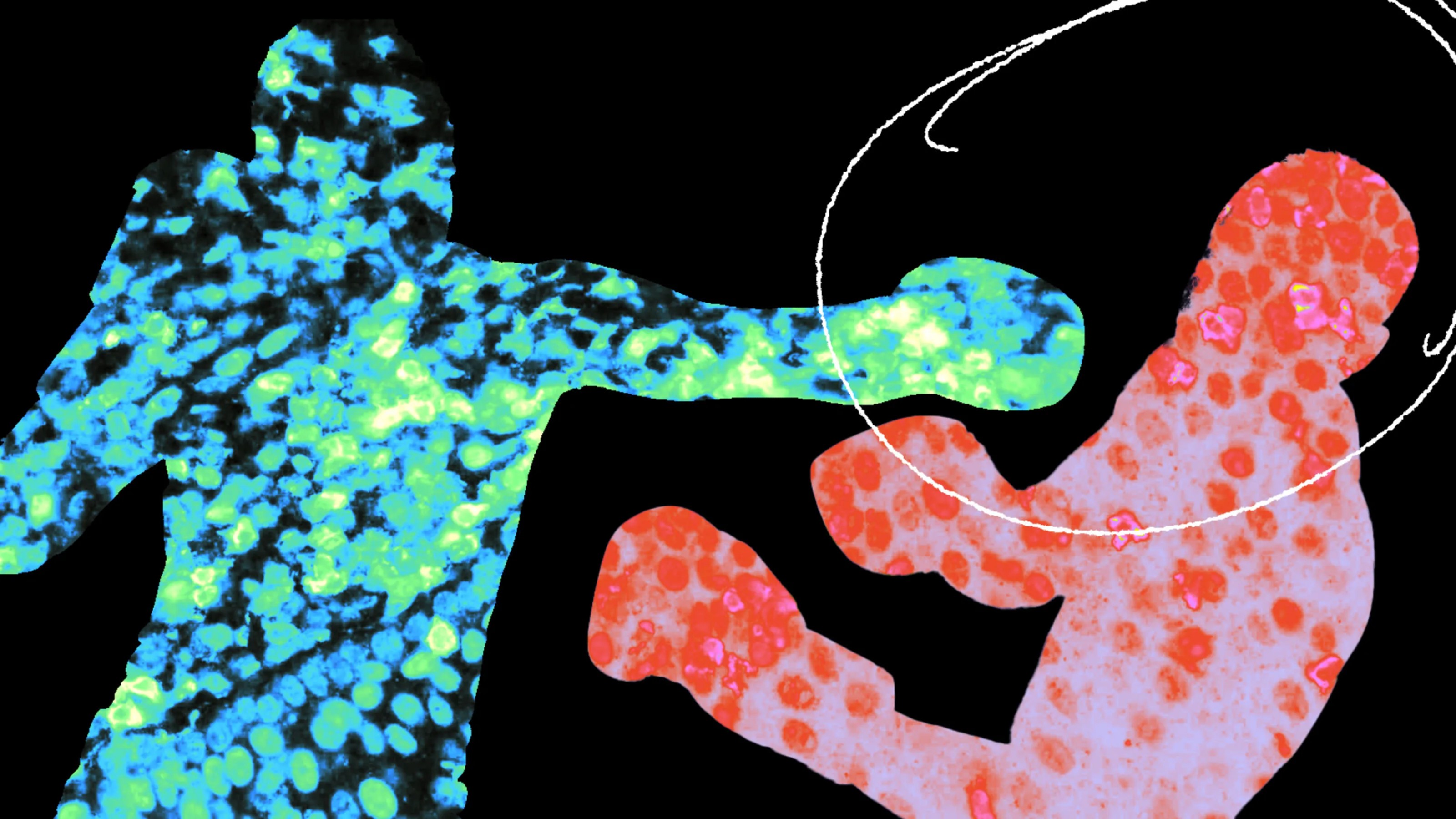Scorpion venom drug may reverse alcohol damage in babies

Pixabay
- Scientists tested a drug derived of scorpion venom on mice exposed to alcohol during pregnancy.
- The drug was able to reverse specific developmental damage caused by alcohol and will next be tested on humans.
- Researchers pinpointed specific molecular mechanisms causing developmental problems.
Scorpions, sporting eight legs and a venomous stinger, can be quite dangerous for humans to encounter. They also may hold the key to treating developmental issues in kids whose moms drank alcohol during pregnancy. A new study found that a novel drug made from scorpion venom was able to reverse motor deficits in mice with the fetal alcohol spectrum disorder (FASD).
FASD is caused by alcohol consumption of pregnant mothers and is characterized by learning disabilities, causing cognitive, intellectual and motor skills deficits. Among humans, 119,000 kids are born with this condition around the world every year. Undeveloped motor skills, in particular, are among the first signs of trouble noticed by parents and caregivers.
The research was carried out by a team from Children’s National Hospital, led by Kazue Hashimoto-Torii, Ph.D., who is the principal investigator at the Center for Neuroscience Research and has been studying this topic for years over a series of studies. Her team was able to pinpoint the molecular changes responsible for the developmental delays by focusing on gestating mouse fetuses that had exposure to alcohol on their embryonic days 16 and 17. As the press release from the Children’s National Hospital explains, that’s when brain cells grow mainly in the upper cortex – the part of the brain responsible for motor abilities.
Per two exams taken 30 days after birth, these baby mice exhibited strong deficits in both large and small-muscle motor skills. Looking for differences at the molecular level, the scientists were able to figure out that the fetus’s exposure to alcohol activated a signaling pathway known as “heat shock.” This, in turn made cells produce protective proteins, doing so randomly just in some cells rather than consistently throughout all the cells.
The researchers tracked the diving neurons precisely, spotting differences in 93 genes. One, specifically, known as Kcnn2, was clearly over-expressed in the cells that made heat shock proteins. These cells also showed firing patterns that were out of the ordinary. What’s notable about that is that this gene encodes a potassium channel activated by calcium and has been linked to learning and memory.
To remedy this, the scientists tested Tamapin, a drug that blocked this channel. It is derived from the venom of Indian red scorpions.
The drug was successful in returning the firing patterns of the cells back to normal. The baby mice, you’d be happy to hear, also showed clear improvement in their muscle motor skills.
Scorpion Milkingwww.youtube.com
Dan Massey, a 2010 PharmD graduate of the University of Arizona’s College of Pharmacy, shows how he milked scorpions. Don’t try this at your home!
To see how this drug can help human babies, Hashimoto-Torii and her colleagues now set up a biotech company.
“Usually investigators looking for the molecular mechanisms behind disease stop there, but we want to move forward to have a real impact on public health,” she said. “We really want to give patients the hope of having a better life through treating the neurodevelopmental problems caused by FASD.”
Other scientists working on the study included Shahid Mohammad, Stephen J. Page, Li Wang, Seiji Ishii, Peijun Li, Toru Sasaki, Aiesha Basha, Zenaide Quezado, Joshua Corbin, and Masaaki Torii of the Children’s National Hospital.
You can read the new study published in Nature Neuroscience.





